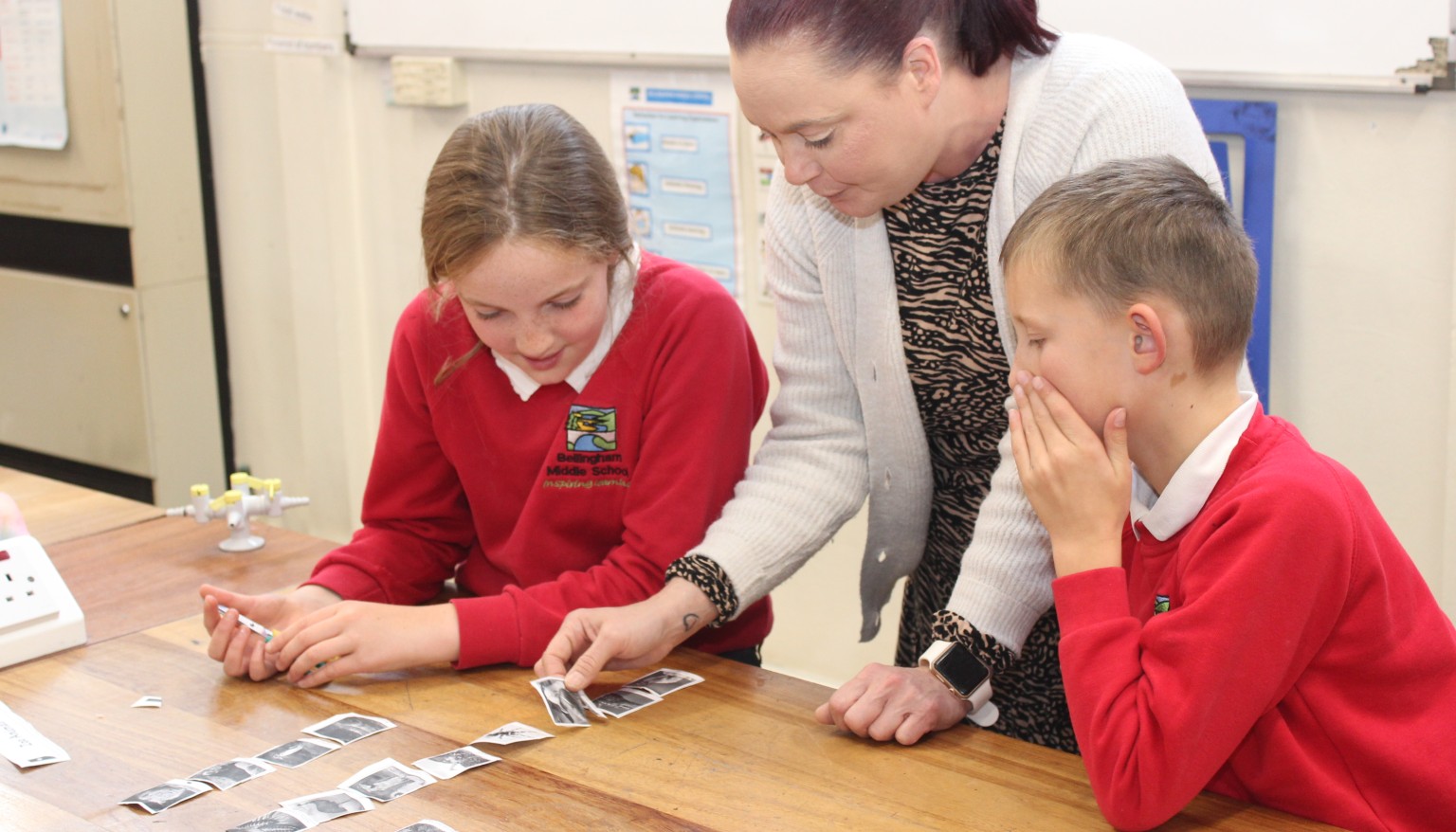












The purpose of Operation Encompass is to safeguard and support children and young people who have been involved in a domestic abuse incident. Operation Encompass provides an efficient, confidential channel of communication between police forces and Key Adults within schools. This enables the immediate and discrete recognition of the child's situation by the Key Adult, ensuring a secure and sympathetic environment is provided and the broader effects of abuse are addressed.
The Key Adults at Bellingham Middle School are:
Mr Steve Gibson - Executive Headteacher (Designated Safeguarding Lead)
Mrs Amy Mundy - Acting Deputy Head (Deputy Designated Safeguarding Lead)
Mrs Tabitha Fletcer- Designated Safeguarding Lead
Mr Anthony Kirkbride - Safeguarding Govenor
Northumbria Police have joined forces with Operation Encompass, Barnados, the Home Office, and the Northumbria Police & Crime Commissioner to publish a series of newsletters covering different aspects of domestic abuse and providing useful links and information. They are available to download below.